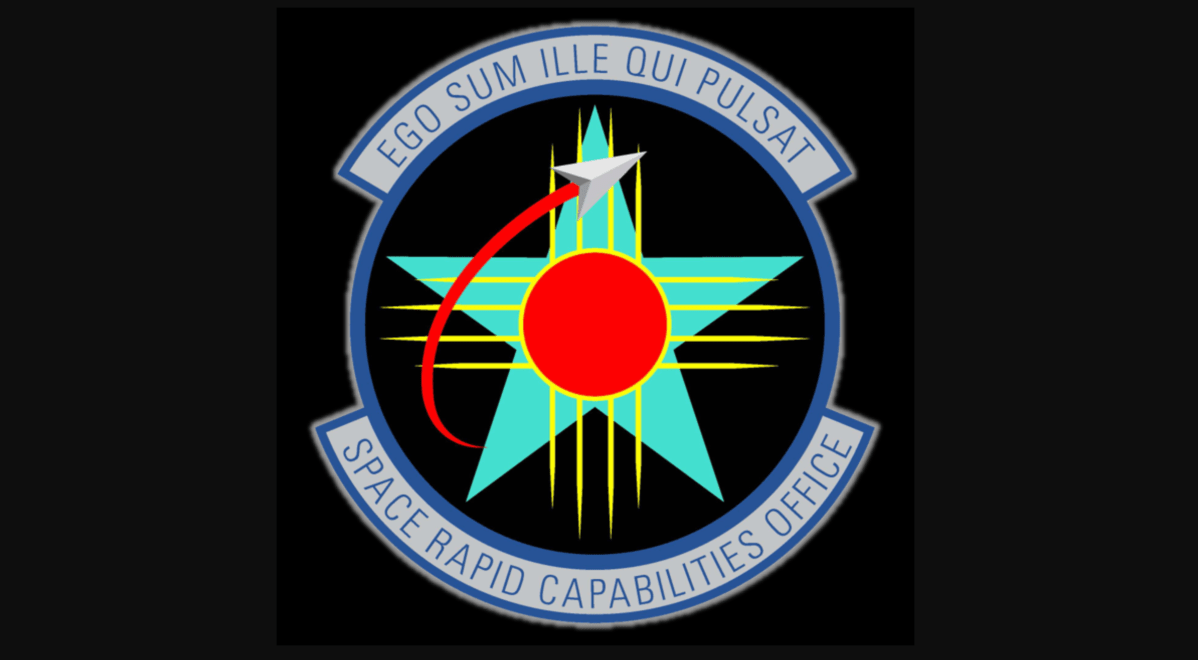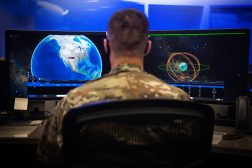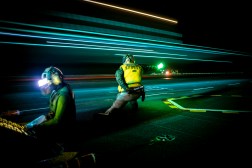Plans unveiled for this year’s Hyperspace Challenge program

The Space Rapid Capabilities Office wants innovators to come forward with artificial intelligence and other high-tech capabilities that could enhance satellite resiliency, according to an announcement about this year’s Hyperspace Challenge program.
The Hyperspace Challenge, which first kicked off in 2018, is a business accelerator funded by the Space Force and Air Force Research Lab in partnership with CNM Ingenuity — a nonprofit connected to Central New Mexico Community College. The Space Rapid Capabilities Office, headquartered at Kirtland Air Force Base in Albuquerque, New Mexico, is an acquisition arm of the Space Force focused on speedily meeting the needs of the Defense Department and U.S. Space Command. The organization is sponsoring this year’s challenge.
“Advancements in space are driving a paradigm shift on earth that have the potential to be socially and economically transformative,” Matthew Fetrow, Space RCO communications manager, said in a release Wednesday. “But the space assets enabling these advancements are increasingly at risk. We need to be able to protect these assets from growing threats, and we need to do it quickly.”
The Pentagon is concerned about potential attacks on spacecraft from jammers, high-powered lasers, anti-satellite missiles, cyber tools and other weapons, as well as space debris.
“The 2023 [Hyperspace Challenge] cohort will convene researchers and companies with mature technologies to work with the U.S. Space Force to explore ways to make space assets, including satellites, more resilient to threats,” per the release.
Technologies of interest to the Space RCO include using hazard awareness capabilities that can rapidly and accurately detect and prioritize threats either from the ground or space; AI, machine learning and autonomy that reduce ground-based vehicle operator workload, inform vehicle response decisions and decrease vehicle response time; and advanced propulsion, refueling and fuel conservation capabilities that enable space assets to maneuver more freely.
“While companies may address each need individually, Space RCO is particularly interested in addressing the needs collaboratively in order to unlock new opportunities,” according to a problem statement about this year’s challenge. “The ability to maneuver, coupled with timely awareness and decision support tools opens options for proactively avoiding threats or reactively responding to minimize threat effects. Taken together these capabilities may also open more orbit options, allow for more readiness and training activities, and even create opportunities for new operating concepts.”
Companies that are given the green light to participate in the program will work with Space RCO officials, who are looking to expedite the development of capabilities with the aim of deploying them within the next few years.
Notably, organizations outside the traditional aerospace sector that have technologies relevant to the challenge, are encouraged to apply.
Interested parties can submit a form via a Hyperspace Challenge website to receive more information about the program, including upcoming webinars and the application process. The deadline to submit the form is Aug. 15.






